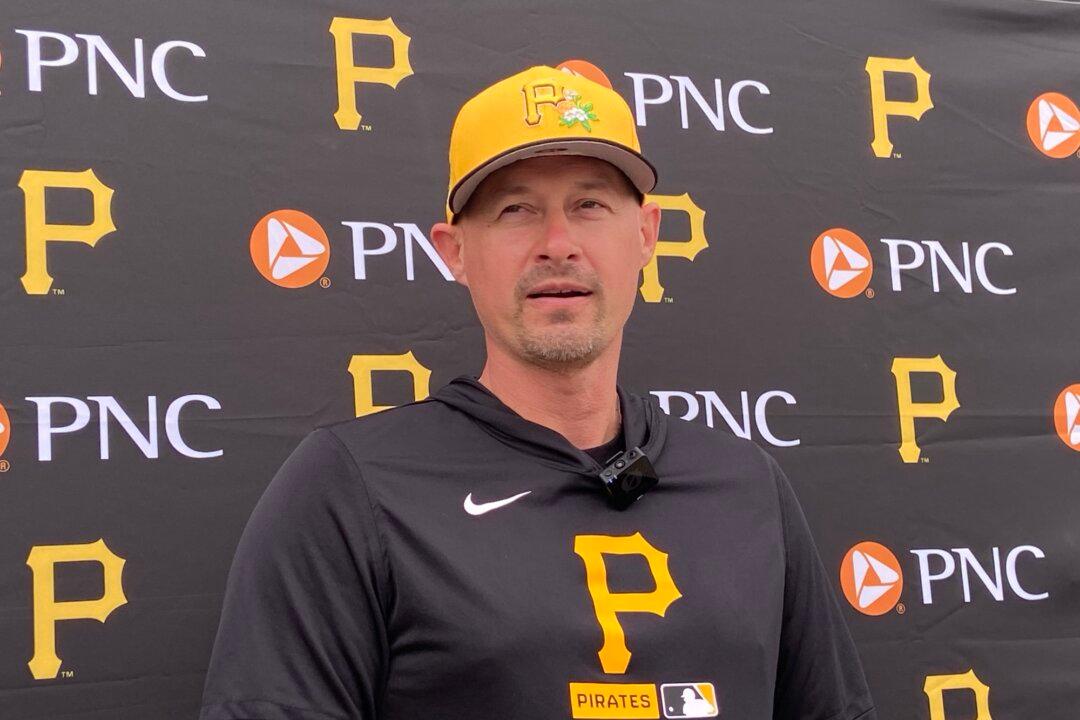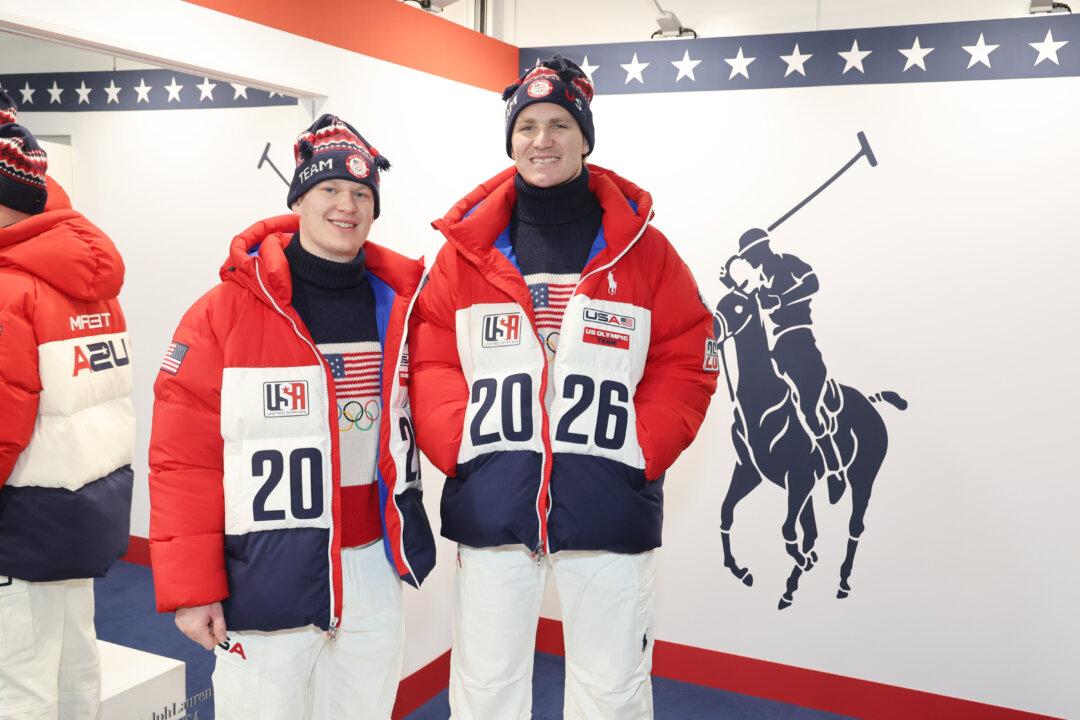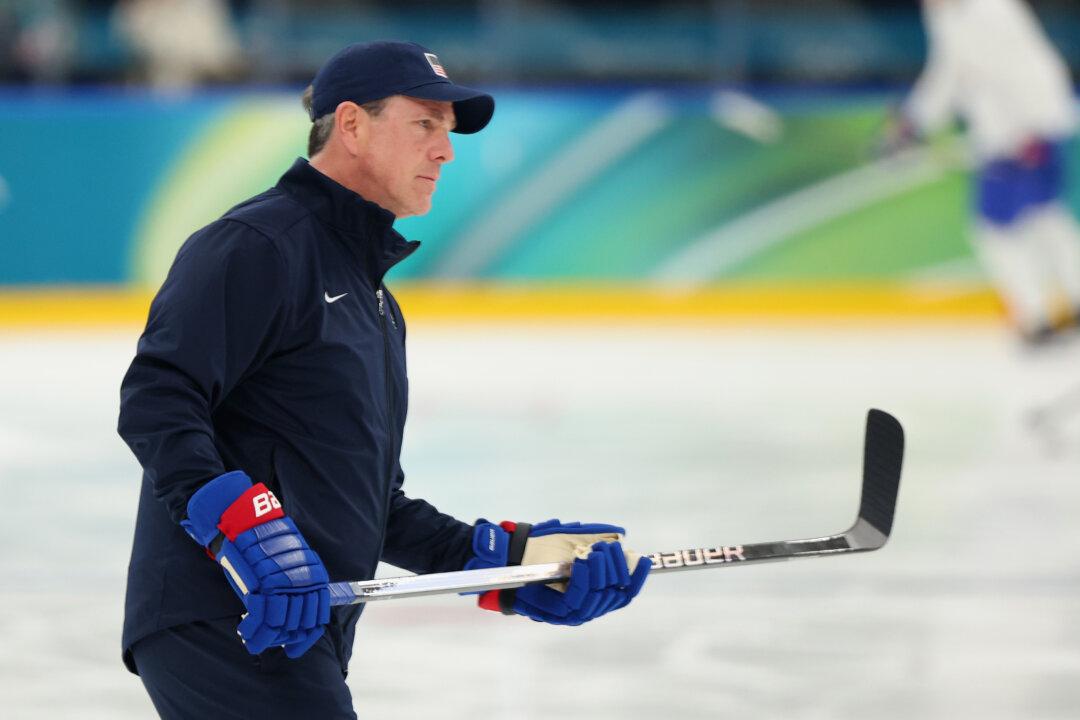Former MLB relief pitcher Billy Wagner is a patient man—to an extent. 2025 promises to be a big year for Wagner, who is 8th on the all-time MLB saves list. Four hundred twenty-two times, the Tannersville, Virginia native finished the job for the five clubs he played for and recorded a save. His last mound visit came during the 2010 season with the Atlanta Braves.
On Jan. 21, Wagner will learn if he is elected to the National Baseball Hall of Fame and Museum in Cooperstown, New York. Time has all but run out for him to get the call for MLB’s highest honor from the writers.





